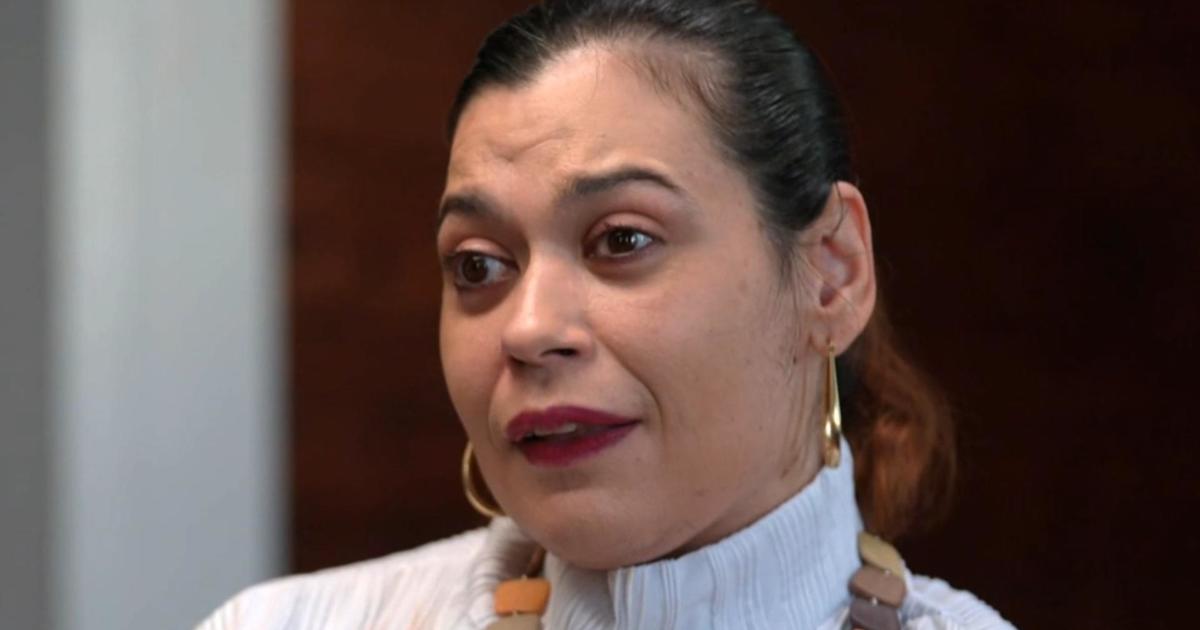New laws aimed at protecting the 2024 presidential election from fears about fraud are creating unexpected barriers for some of the nation’s more than 40.2 million voters with disabilities, according to disability rights advocates who spoke with CBS News.
In more than 20 states, laws now restrict various elements of mail-in ballots, including limiting the kinds of assistance a voter can ask for. These restrictions limit the ability of health aides and nurses to help prepare a ballot for the people they care for, and some even threaten criminal charges for aides who help too many people to vote.
Andrew Bizer, a disability rights attorney in New Orleans, expressed concern about the impact of these laws on caregivers and individuals with disabilities. He mentioned that the laws could deter nursing home or group home staff from assisting residents with their ballots out of fear of legal repercussions.
These new laws emerged in response to concerns raised after the 2020 elections, when former President Donald Trump questioned the security of mail-in voting. A study conducted by the Rutgers Program for Disability Research revealed a 5.1% increase in people with disabilities eligible to vote in 2020. Among this growing population, 7.1 million eligible voters with disabilities reside in seven battleground states, highlighting the potential impact of restrictive mail-in voting laws in the upcoming election.
One state facing challenges due to these laws is Louisiana. Governor Jeff Landry signed a series of laws aimed at enhancing the state’s “election integrity” in late May. One of these laws makes it illegal to assist more than one person with filling out, mailing, or witnessing an absentee ballot in the state, unless those being helped are immediate family members. This restriction puts caregivers and facility staff at risk of criminal charges if they assist too many individuals with their ballots.
Ashley Volion, a policy analyst with Disability Rights Louisiana, shared her concerns as someone with spastic cerebral palsy who relies on personal care attendants for assistance. She emphasized the vital role caregivers play in helping individuals with disabilities live independently and engage in their communities.
Volion highlighted the challenges she faces in relying solely on caregivers for support, especially as her parents, who live an hour away, are aging and unable to provide as much physical assistance as before. She emphasized the importance of caregivers in her life and expressed uncertainty about how she would manage without their help.
In Louisiana, there are 1.1 million voters with disabilities, many of whom may rely on aides for assistance with their ballots. Nursing home residents are entitled to assistance from the registrar of voters, but this support is not extended to assisted living or long-term care facilities under state law.
Elizabeth Ellis, a staff member at Convent Nursing Home in New Orleans, recounted her experience trying to help residents with their mail-in ballots before being alerted to the new laws. She emphasized the logistical challenges of getting family members involved and ensuring residents have access to assistance with their ballots.
Despite these challenges, Ellis was able to secure assistance from the Parish Registrar of Voters for the nursing home residents. The visit provided residents with the opportunity to cast their ballots and feel included in the election process.
However, other long-term care facilities in Louisiana are not eligible for this service, leaving them to find alternative means of assistance for residents. Bizer, the disability rights attorney, argued that these laws violate the Voting Rights Act, which guarantees individuals with disabilities the right to choose whoever they want to assist them with voting.
In response to criticism, Louisiana Secretary of State Landry defended the laws as necessary to prevent ballot harvesting and ensure election integrity. She cited three instances of voter fraud in the state since 2016 as justification for the new restrictions.
Bizer is representing Volion and Disability Rights Louisiana in a lawsuit against the Louisiana secretary of state and attorney general, challenging the legality of these laws. He argued that the laws restrict individuals with disabilities from exercising their right to choose assistance in the voting process.
The impact of these laws on voters with disabilities in Louisiana and other states raises concerns about access to voting and the ability of caregivers to assist vulnerable populations. As the 2024 presidential election approaches, advocates continue to push for greater inclusivity and support for individuals with disabilities in the voting process.









